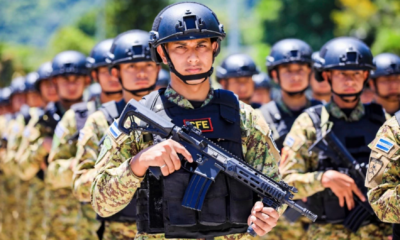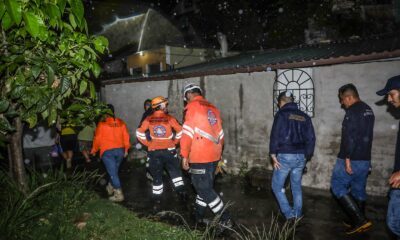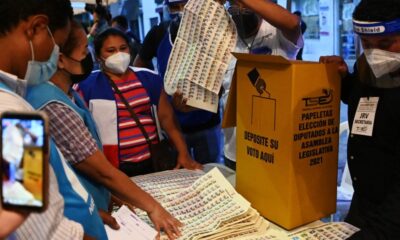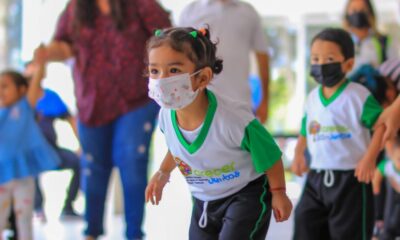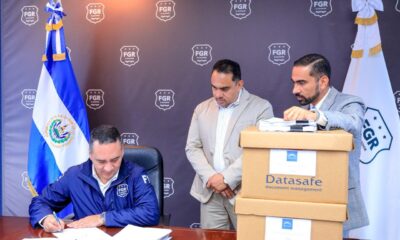Central America
6.0 magnitude earthquake shakes El Salvador
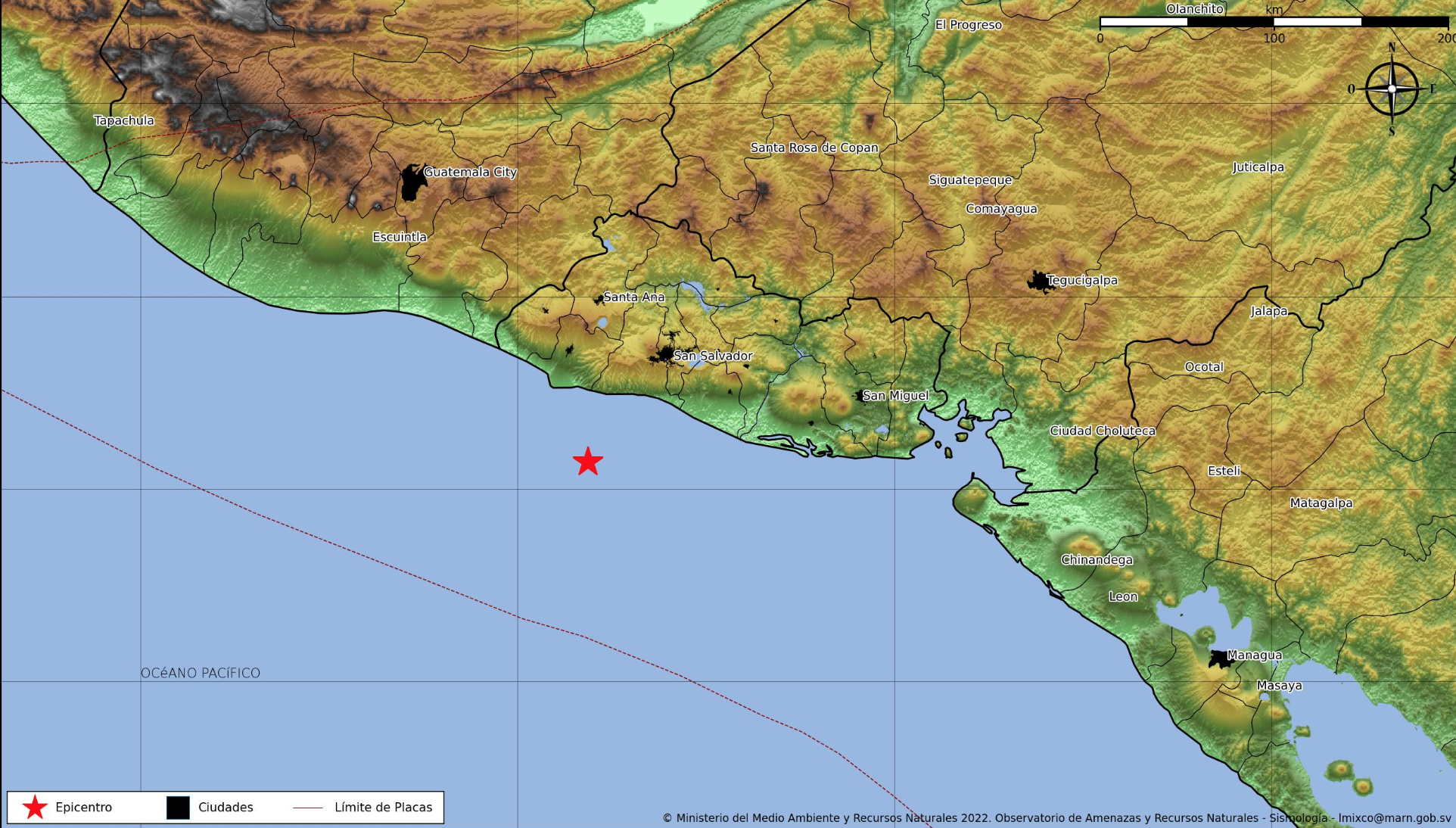
| By AFP |
A 6.0 magnitude earthquake shook El Salvador on Thursday night, with no initial reports of casualties or material damage, Salvadoran authorities said.
The tremor was registered at 10:26 pm local time (0426 GMT Friday) and its epicenter was located 37 kilometers (22 miles) off the country’s southern coast, near the town of Mizata in La Libertad region, the environment ministry said.
President Nayib Bukele said there had been no reports of damage from the armed forces or police. “Nothing new on the coast. No damage to main highways. It seems the earthquake did not cause any damage. Thank god,” he said on Twitter.
The earthquake was also felt in neighbouring Guatemala, according to that country’s National Coordinator for Disaster Reduction, which reported no people affected or damage there. The tremor was felt in at least 14 departments of El Salvador, per reports on social media, but the environment ministry said it was “more noticeable” in coastal areas.
In the capital San Salvador, the tremor caused alarm, with people leaving their homes and taking to the streets in many residential areas, according to local press reports.
Salvadoran Interior Minister Juan Carlos Bidegain said that while there were no immediate reports of damage or injuries, “the whole territory continues to be monitored.” The government added that “all the institutions” of the system “are active” to address any emergencies resulting from the earthquake.
The environment ministry said that at least six aftershocks had been registered following the initial earthquake, with epicenters in the same area. “The strongest aftershock has been with a magnitude of 3.8, so we call the population to be attentive,” said Environment Minister Fernando Lopez at a press conference.
The minister ruled out the possibility of a tsunami alert for coastal areas of the country after the earthquake. He did, however, warn that more aftershocks could follow.
Central America
Guatemala’s Legal Chief Shot Dead in Parking Lot: Investigation Underway
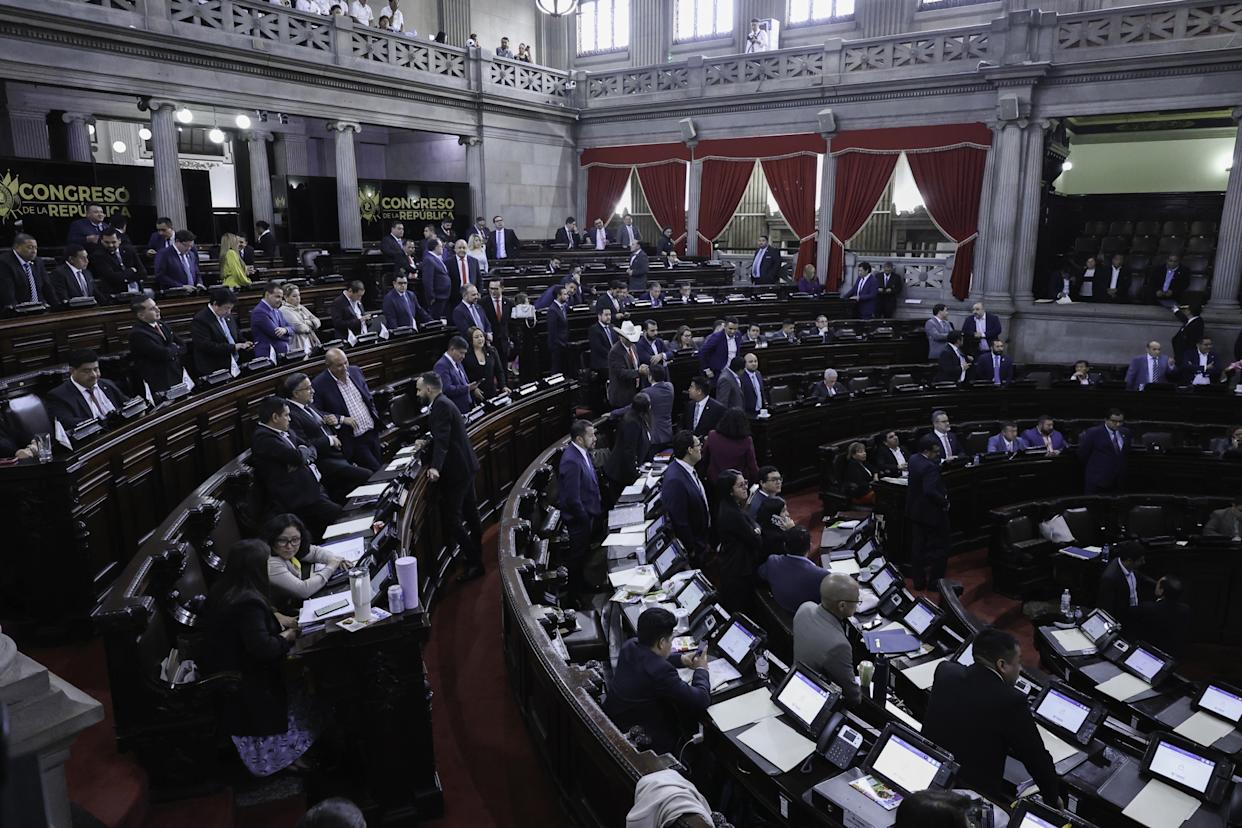
The legal chief of the Guatemalan Congress, Hansel Szaraeta, was killed on Saturday in a targeted shooting at a luxury shopping mall parking lot in the capital of the Central American country.
Szaraeta, 35, was found dead this morning next to his vehicle in one of the parking lots of the Cayalá shopping center, located in an exclusive area of Guatemala City, according to the National Civil Police.
According to the preliminary investigation by the Public Ministry (Prosecutor’s Office), the congressional employee was about to leave in his vehicle when an unidentified person shot him in the chest, causing his death. At the scene, 11 gun shells were found.
The President of Congress, Nery Ramos, expressed his condolences for the murder of the legal chief of the organization he leads through a statement posted on his official X account. The Prosecutor’s Office told EFE that the first investigative steps included reviewing the parking lot security cameras and taking testimonies from people who were present at the scene.
In the first two months of 2025, the Guatemalan National Civil Police registered 504 homicides, representing a 31% increase compared to the same period in 2024.
Central America
Panama’s former president Martinelli claims political enemies tried to kill him
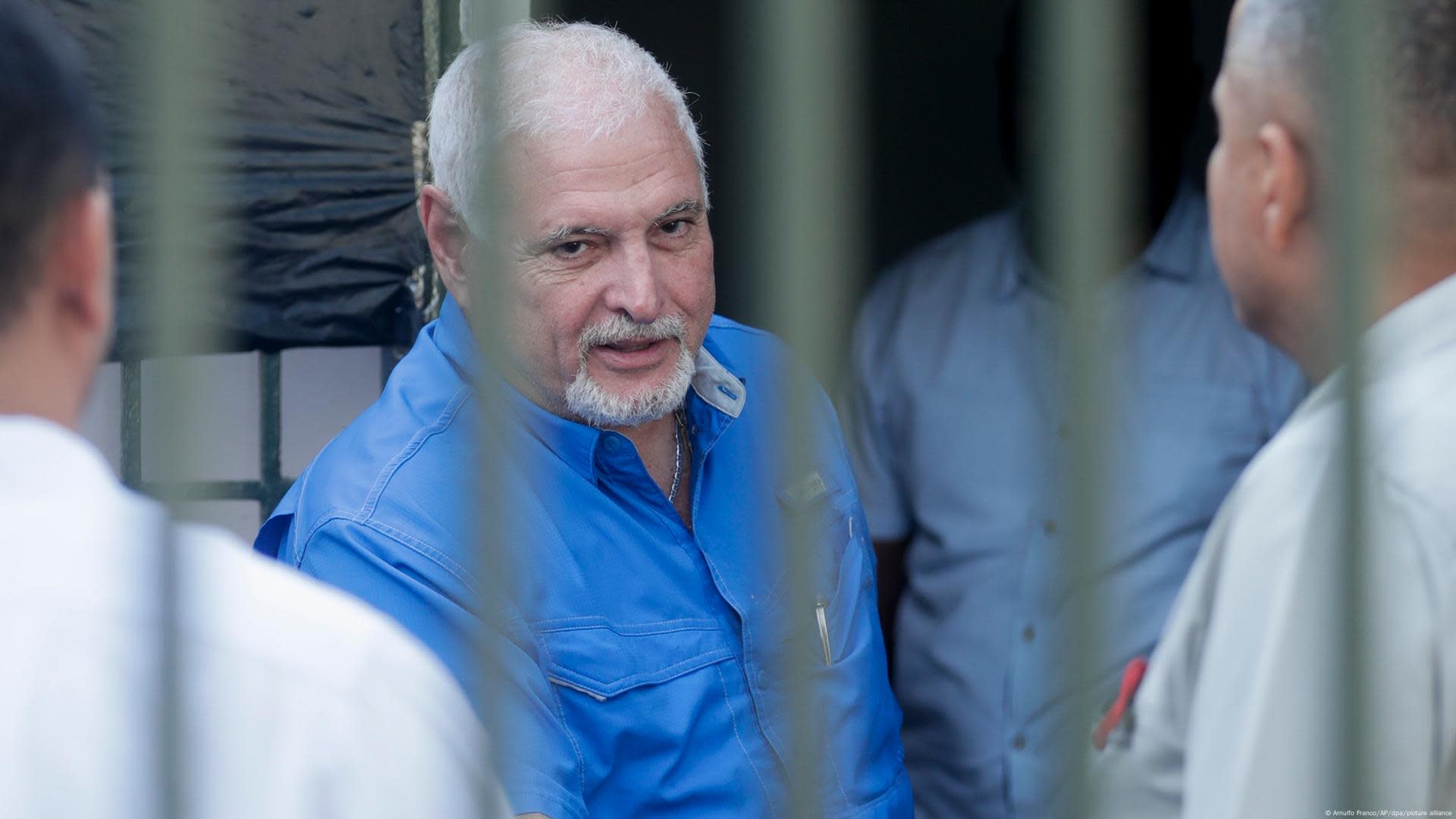
Former Panamanian President Ricardo Martinelli claimed on Friday that his political enemies intended to kill him once he departed for Nicaragua. Martinelli has been sheltering in Nicaragua’s embassy in Panama City for over a year to evade a money laundering conviction.
“They wanted to kill me,” Martinelli stated in a social media post, without specifying who he was referring to. His remarks came after the safe-conduct pass granted by the Panamanian government for his travel to Managua expired at midnight on Thursday.
In a statement, Panama’s Foreign Ministry announced that the permit had expired without Nicaragua officially agreeing to receive the former president. According to Martinelli, Nicaraguan authorities reconsidered the transfer, suspecting it was an “ambush” or a “trap.”
“It was a vile trap they were trying to set up. On one hand, they pretended to offer me a way out, but on the other, they wanted to ruin me by inventing all sorts of accusations,” Martinelli added, thanking Nicaragua and confirming that he will remain in asylum.
Central America
Guatemalan police officer killed in mob riots over baby kidnapping
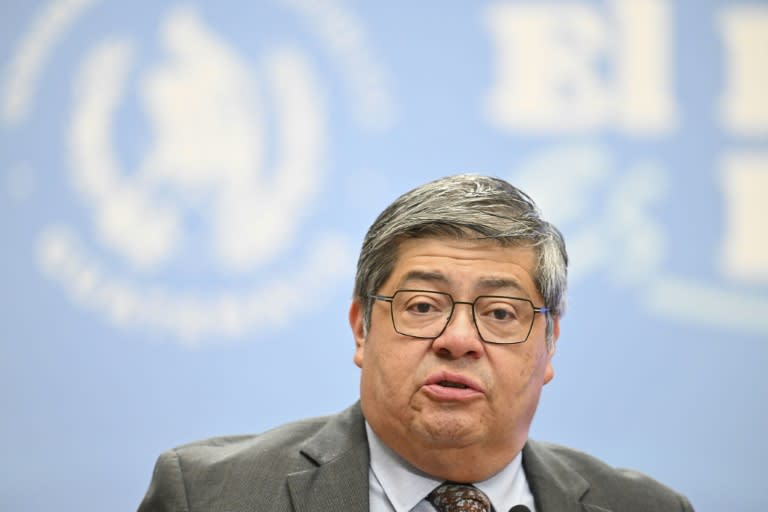
A police officer was killed during riots provoked by an enraged mob in a Guatemalan town following the kidnapping of a baby, the government reported on Wednesday.
The incidents began on Tuesday night and continued into the early hours of Wednesday in the town of San Vicente Pacaya, about 25 km south of the capital, according to Minister of the Interior Francisco Jiménez.
“There was an incident in San Vicente Pacaya where, unfortunately, a police officer died after being struck in the head with a stone. He passed away this morning,” Jiménez said in a press conference.
He explained that the unrest erupted following the arrest of two suspects in connection with the kidnapping of “a baby just a few months old,” including a woman with a criminal record.
-

 International4 days ago
International4 days agoParaguay summons Brazilian ambassador over Itaipú espionage scandal
-

 Sports4 days ago
Sports4 days agoFilipe Luis debuts as coach in Copa Libertadores with Flamengo
-

 Central America4 days ago
Central America4 days agoGuatemalan police officer killed in mob riots over baby kidnapping
-

 International4 days ago
International4 days agoElon Musk to step down as government advisor, per Trump insiders
-

 Sports4 days ago
Sports4 days agoVenezuela investigates 18 baseball players seeking asylum in Spain
-

 International4 days ago
International4 days agoÓscar Arias: Trump’s trade policies are a step backward
-

 Central America2 days ago
Central America2 days agoPanama’s former president Martinelli claims political enemies tried to kill him
-

 International4 days ago
International4 days agoMilei vows to make Argentina so strong that Falkland Islanders “choose” to join
-

 International2 days ago
International2 days agoJavier Milei vows to work ‘side by side’ with the U.S. on trade rules
-

 International4 days ago
International4 days agoICE agent’s arrest of suspect sparks controversy in Boston
-

 Internacionales8 hours ago
Internacionales8 hours agoErik Prince Backs Ecuador’s Daniel Noboa in Fight Against Crime and “Narcoterrorism”
-

 Central America8 hours ago
Central America8 hours agoGuatemala’s Legal Chief Shot Dead in Parking Lot: Investigation Underway








































































